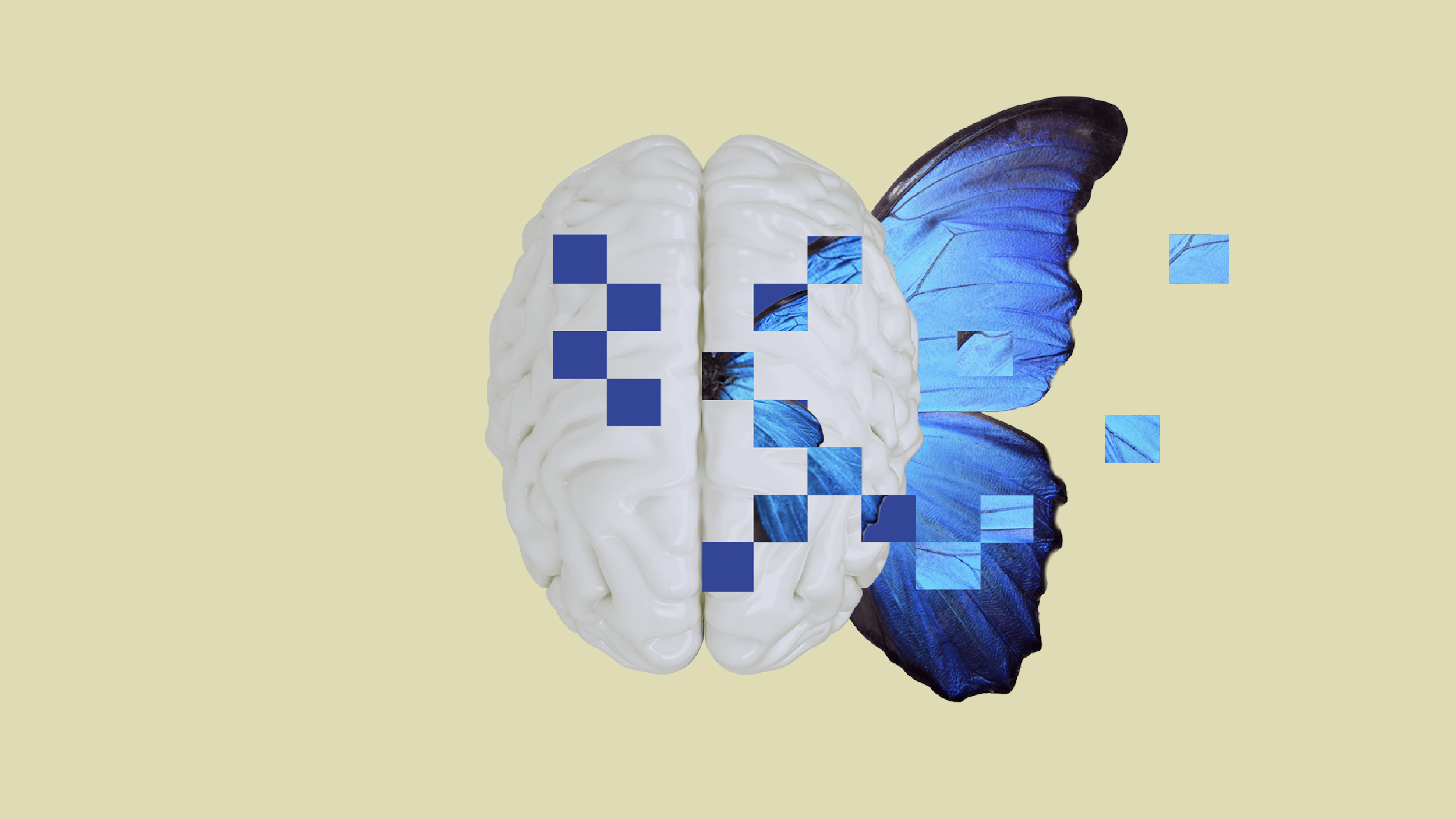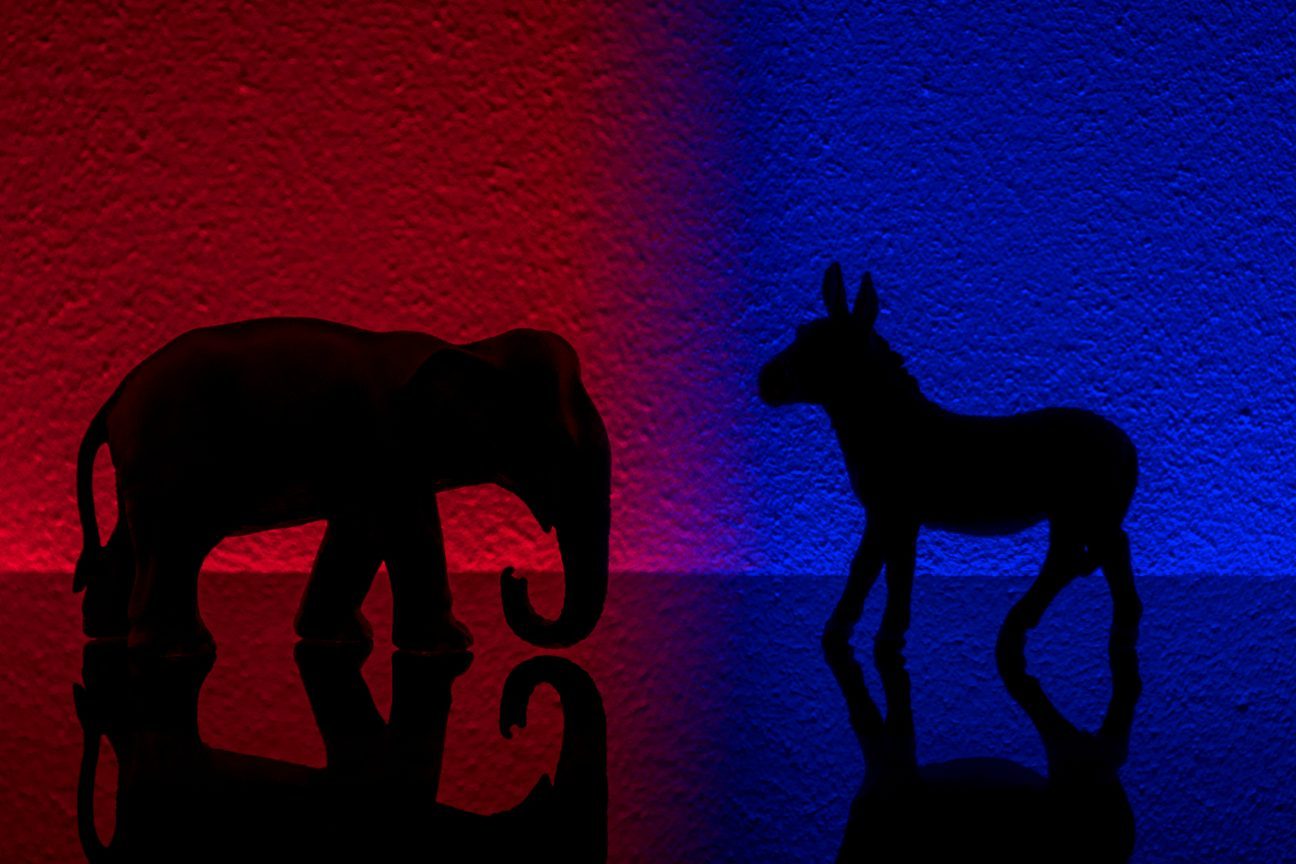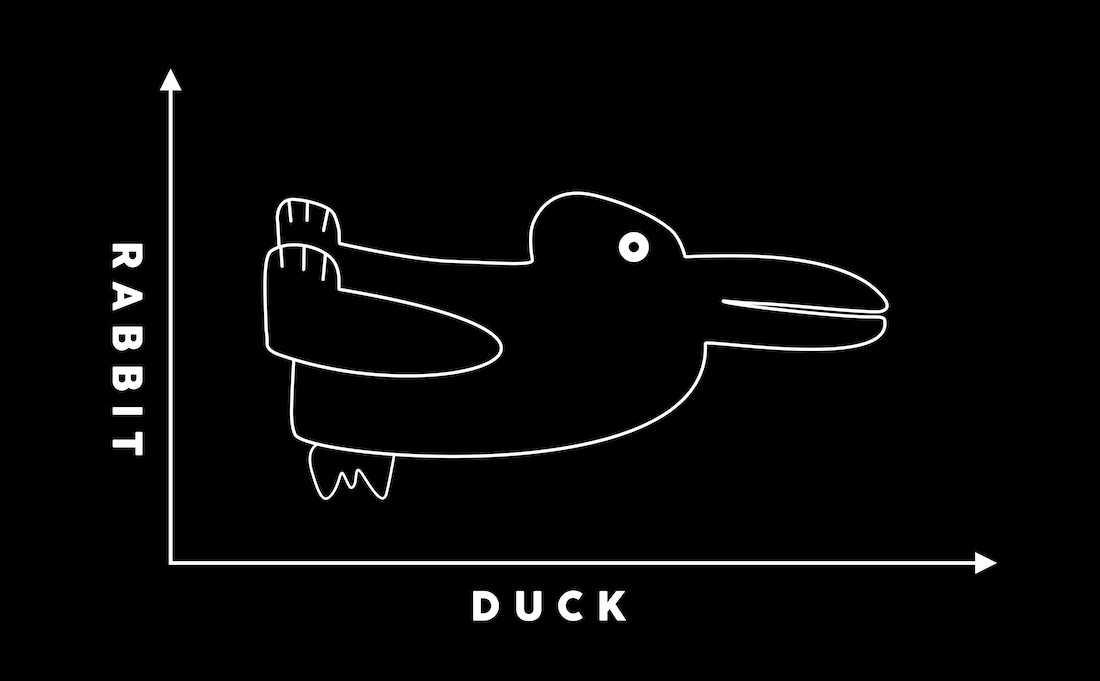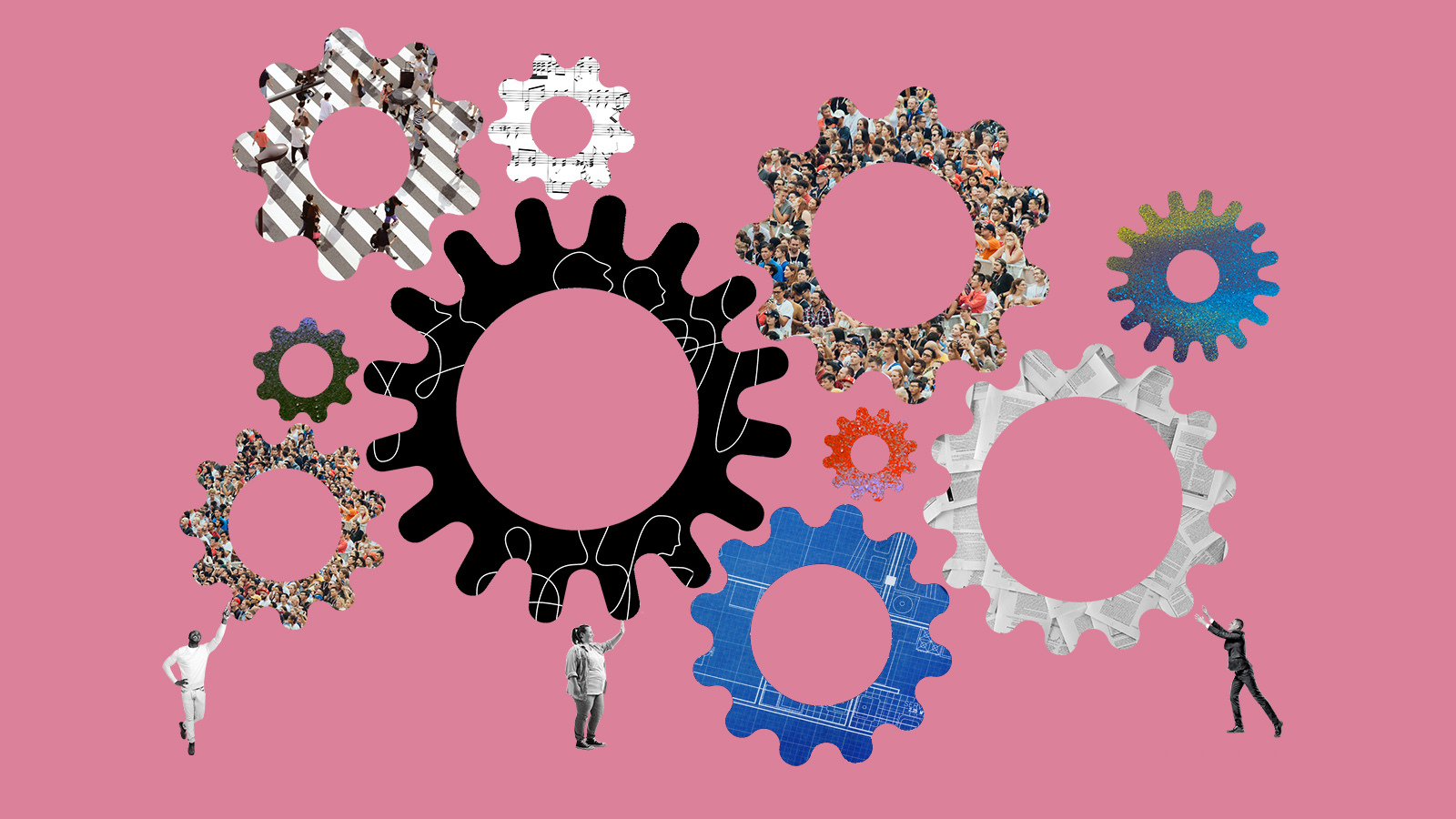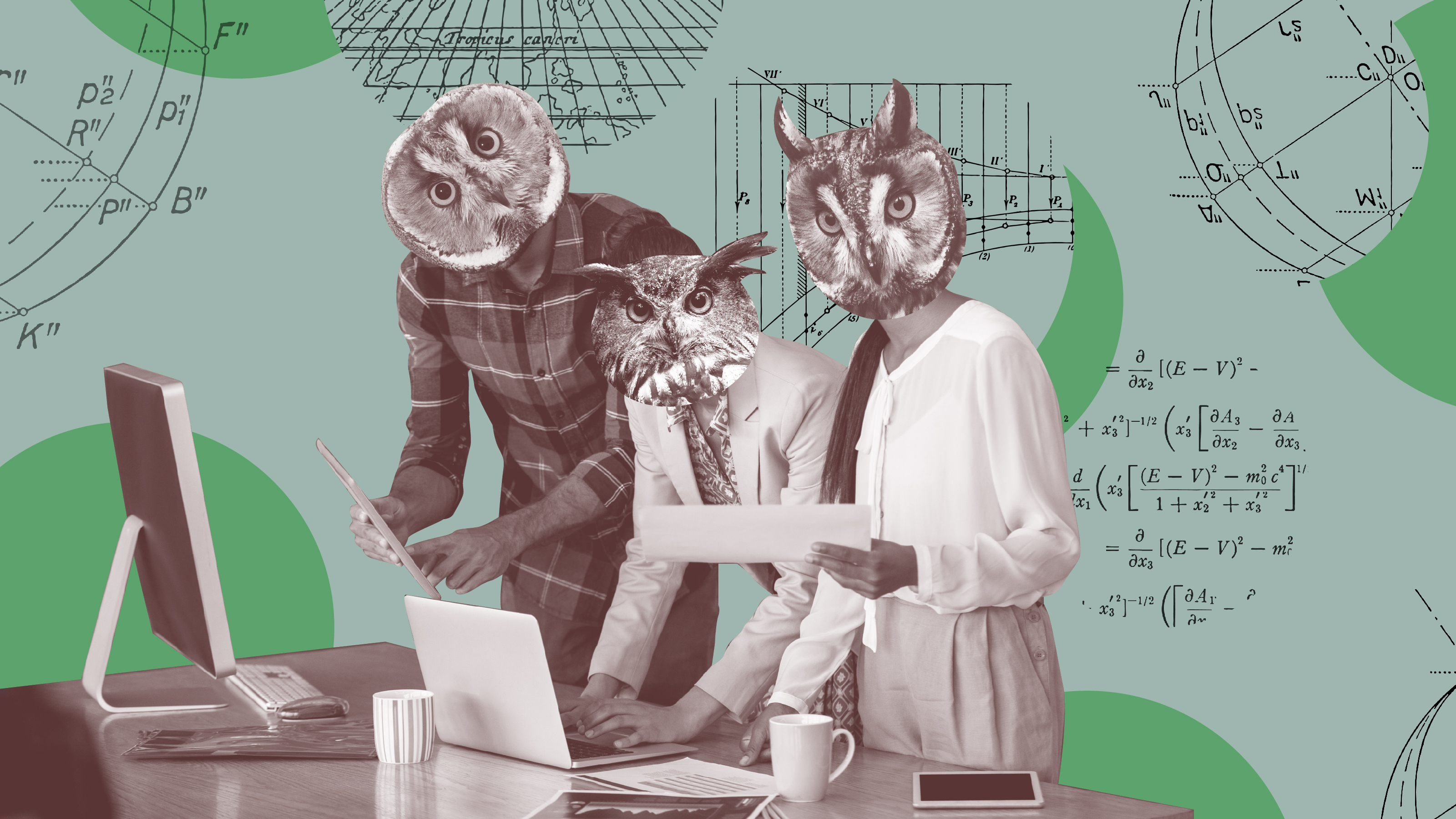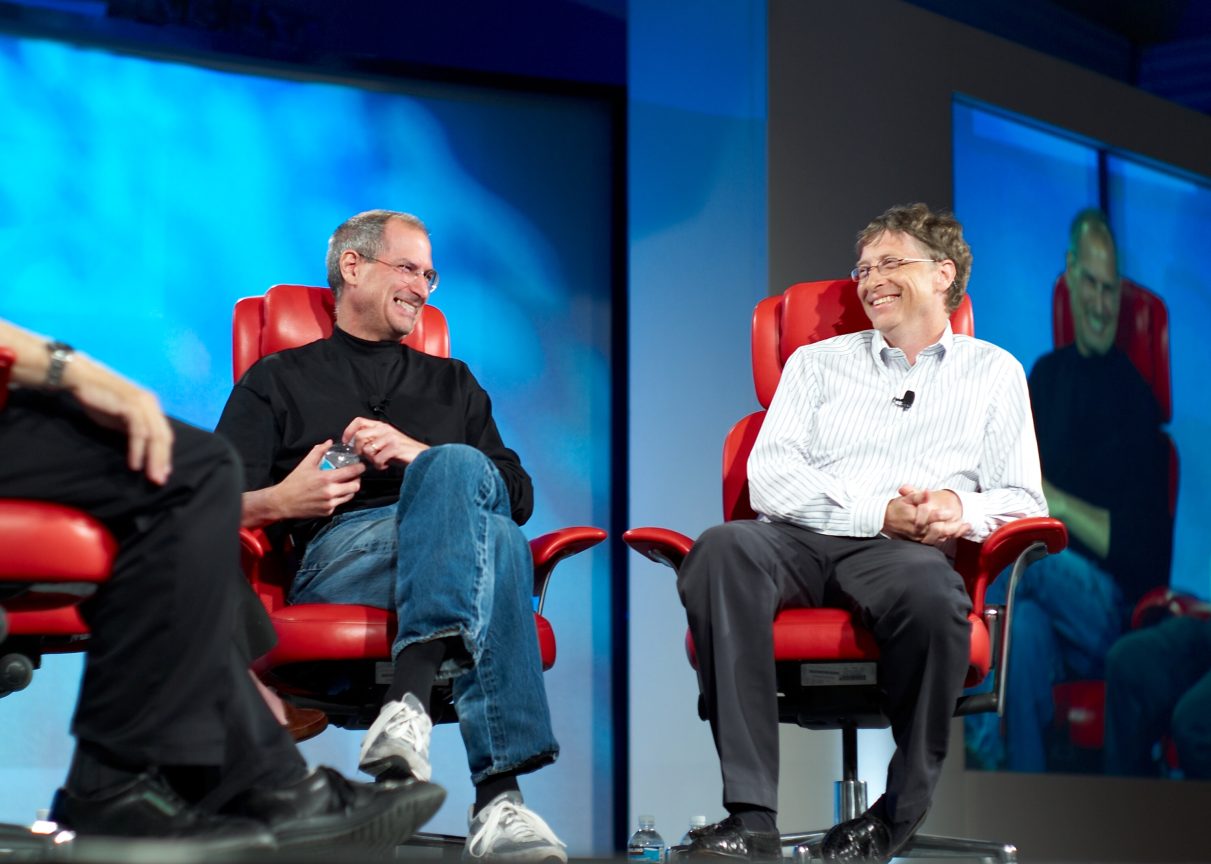Kevin Dickinson
Kevin Dickinson is a staff writer and columnist at Big Think. His writing focuses on the intersection between education, psychology, business, and science. He holds a master’s in English and writing, and his articles have appeared in Agenda, RealClearScience, and the Washington Post. Follow him on LinkedIn and Twitter @KevinRDickinson.

To reap the benefits of digital technologies, we must contend with their addictive designs.
SIDS deaths have decreased worldwide, but research has yet to solve this medical mystery.
Is college worth it? This question may seem a no-brainer, but there are many reasons why it is worthy of serious deliberation. Here are three.
Elastic thinking can reveal the assumptions that hamstring our ability to solve seemingly intractable problems.
From mobile learning to microlearning, these five methods for training employees are some of the most effective in the modern world of business.
People underestimate their opponent’s capacity to feel basic human sensations. We can short-circuit this impulse through moral reframing and perspective taking.
“Who ya gonna believe: me or your own eyes?” Until you can assess your perception, the answer should be neither.
Inflection points veer life in unexpected directions. While unnerving, they provide opportunities for those who can navigate them.
Luck doesn’t fall from the sky. It’s about how you position yourself for life’s challenges.
Too many people still view stay-at-home dads as feckless deadbeats, but their acceptance is an important step toward gender equality.
Finland reveals that happiness is more about mindset than umbrella drinks and sun-warmed beaches.
Implicit bias may be outside your conscious control, but that doesn’t mean change is.
Soft skills training can help develop transformation-ready employees and equip entire organizations to adapt to an unpredictable future.
Admit it: you have no idea why a group of crows is called a murder. Here’s why.
For the fewer than 50 people with this blood type, finding a blood transfusion could be extremely difficult.
By building a learning culture, L&D leaders can equip their organizations to adapt to a business world that is transforming before our eyes.
Frank Lloyd Wright captured serenity in his masterpiece, Fallingwater, but his egotistical tendencies made life for others anything but serene.
Next year is the perfect time to have better conversations!
Successful constructive criticism is as much about mindset as methods.
Millions of Americans are quitting their jobs, but even if you can’t join the Great Resignation, you can still pursue a do-over moment.
Learning styles are supposed to help learners take ownership of their education, but research doesn’t back up this well-intentioned myth.
Awe makes us feel smaller but also more connected to life and each other.
Intrapreneurs tap into the spirit of entrepreneurialism to innovate and find personal meaning at work, but organizations need to celebrate their efforts more.
The Chegg cheating scandal reveals a critical need to rethink the student experience in post-COVID education.
Popular diets view health as a calorie-crunching equation while excluding a critical variable: mental wellness.
Research has shown the benefits of mindfulness, but the current mindfulness craze cannot deliver on its overhyped promises.
Tips from neuroscience and psychology can make you an expert thinker.
Theoretical physicist Leonard Mlodinow offers three strategies for relaxing your cognitive filters to give your brilliant ideas time to shine in the spotlight of the conscious mind.
The independent news collective is teaching a new generation of journalists and citizens to spot the stories in plain sight.




